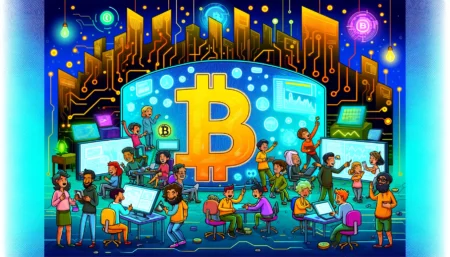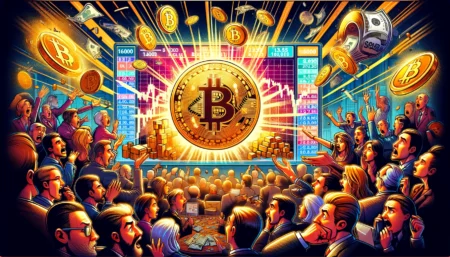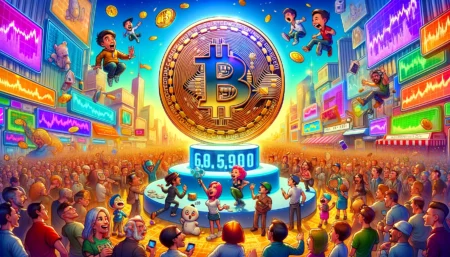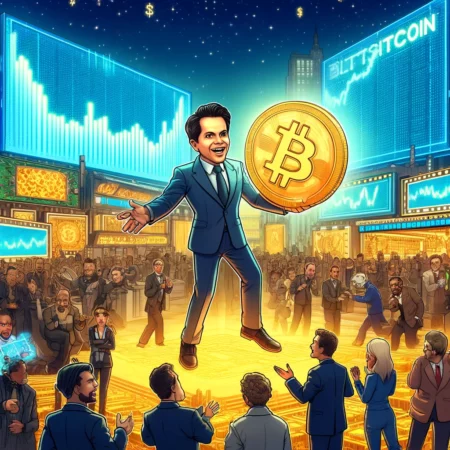Hong Kong recently stated that it will embrace digital assets as it seeks to restore its status as a global cryptocurrency hub. But the news received mixed reactions from industry players, including billionaire Sam Bankman-Fried.
Speaking at the Hong Kong Fintech Week conference via video call, the founder and CEO of crypto derivatives trading platform FTX said that while jurisdictions such as the Bahamas and Dubai have passed regulations to become more crypto-friendly, Hong Kong Its “crypto crown” can still be reclaimed.
Bankman-Fried points out that Hong Kong, Singapore and Busan, South Korea, are places in Asia that still have the potential to be Asian hubs.
1) A really promising update from HK on crypto: https://t.co/rXLpORfUvT
— SBF (@SBF_FTX) October 31, 2022
If only it had come last year…
That’s because Bankman-Fried moved FTX from Hong Kong to the Bahamas last year, citing a lack of clear regulation in Hong Kong.
Hong Kong said it was “open and tolerant” to virtual asset-related businesses. The local financial regulator has proposed allowing retail investors to trade cryptocurrencies and crypto exchange-traded products. It will launch a public consultation on “appropriate levels of access” to virtual assets for retail investors under the upcoming compulsory licensing regime for cryptocurrency exchanges.
The announcement marks a shift from officials’ previous stance on limiting such activity to professional investors. Back in 2018, Hong Kong introduced a voluntary licensing regime for crypto platforms, restricting them to serving only individuals with a liquid portfolio of at least HK$8 million ($1 million). Hong Kong will enforce licensing requirements from March next year.
However, Bankman Fried strongly believes that a regulatory regime that restricts access to crypto products based on wealth is wrong and does not serve its intended purpose.
“I think wealth-based tests are wrong, I think they’re really bad. I mean, bad for the world.”
Bankman Fried
The Hong Kong government said it will also review the legality of property rights and smart contracts for tokenized assets. Tokenized assets are virtual currencies on the blockchain that represent ownership of assets, such as real estate or bonds. Meanwhile, smart contracts are computer programs that run on the blockchain and are automatically executed when certain conditions are met.
Hong Kong is “getting back into the game” with the ambitious goal of becoming an international digital asset hub, said Zheng Zhigang, chief executive of Hong Kong-based real estate giant New World Development Ltd.
“We believe that the recent policy has not only laid a solid regulatory foundation for Hong Kong, but has also contributed to the birth of a world-leading global securities digital distribution center, unprecedented in other countries.”
However, Leonhard Weese, co-founder of the Hong Kong Bitcoin BTC -5.89% Association, believes that the government still lacks clarity on its regulatory framework for cryptocurrencies. He was surprised that the authorities had only announced a public consultation on retail crypto trading, rather than an actual change in policy. Weese said: “There is no change in these announcements to introduce regulatory certainty at this time. As it is proposed, the law is likely to pass and it will be interpreted to exclude retail access.”
But Hashkey Group CEO Michel Lee remains optimistic that Hong Kong will continue to allow retail participation. Hashkey Group is one of two crypto companies that have received approval from Hong Kong regulators under the current voluntary licensing regime.
“Hong Kong investors are the most sophisticated investors in the world. Many retail investors already hold some digital assets. I think it is irresponsible and illogical for the government to say ‘hey, now you can’t even trade them’. I think it is A case of making sure investors can trade safely. So I can totally see it as a very obvious thing that should definitely happen.”
Michel Lee






